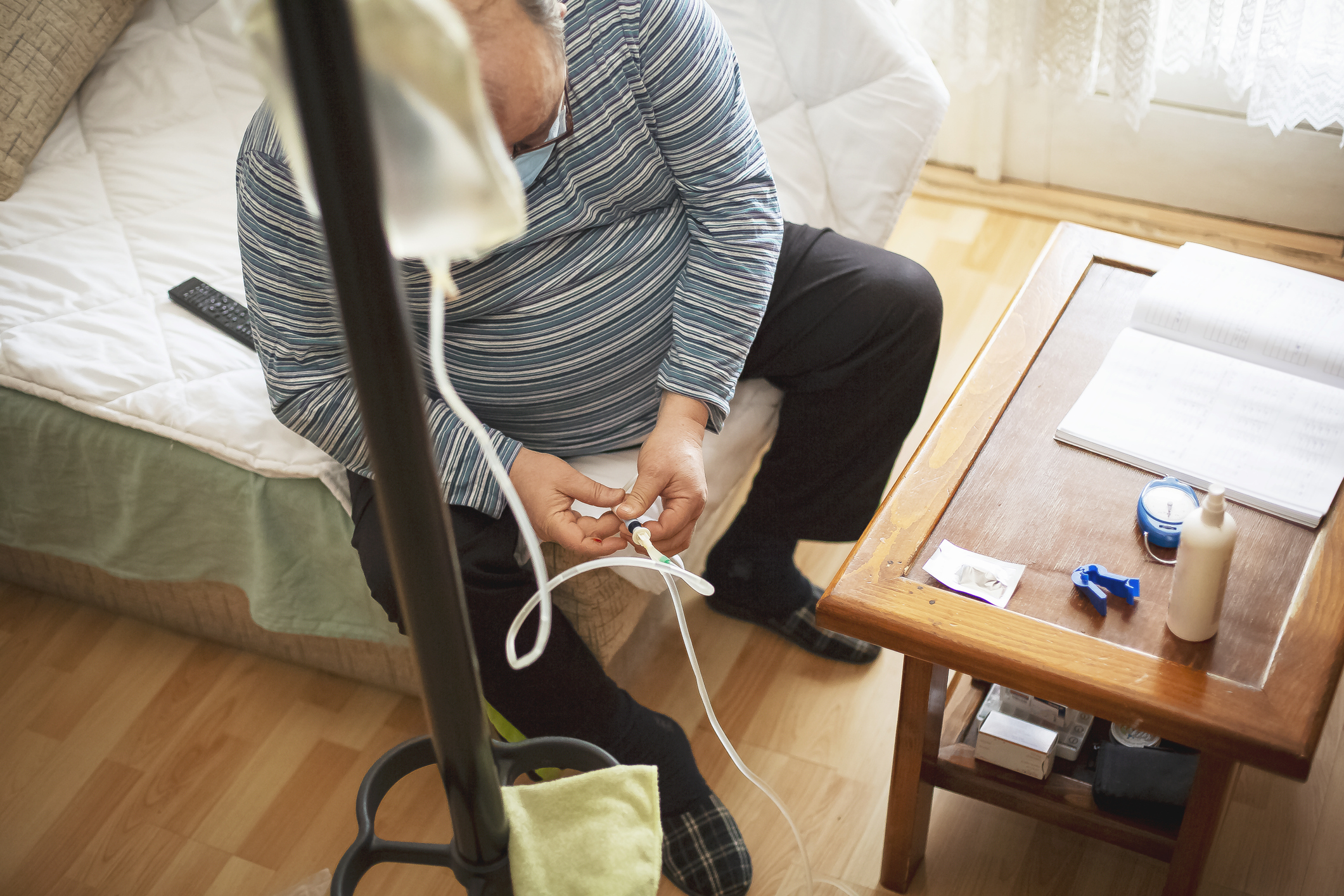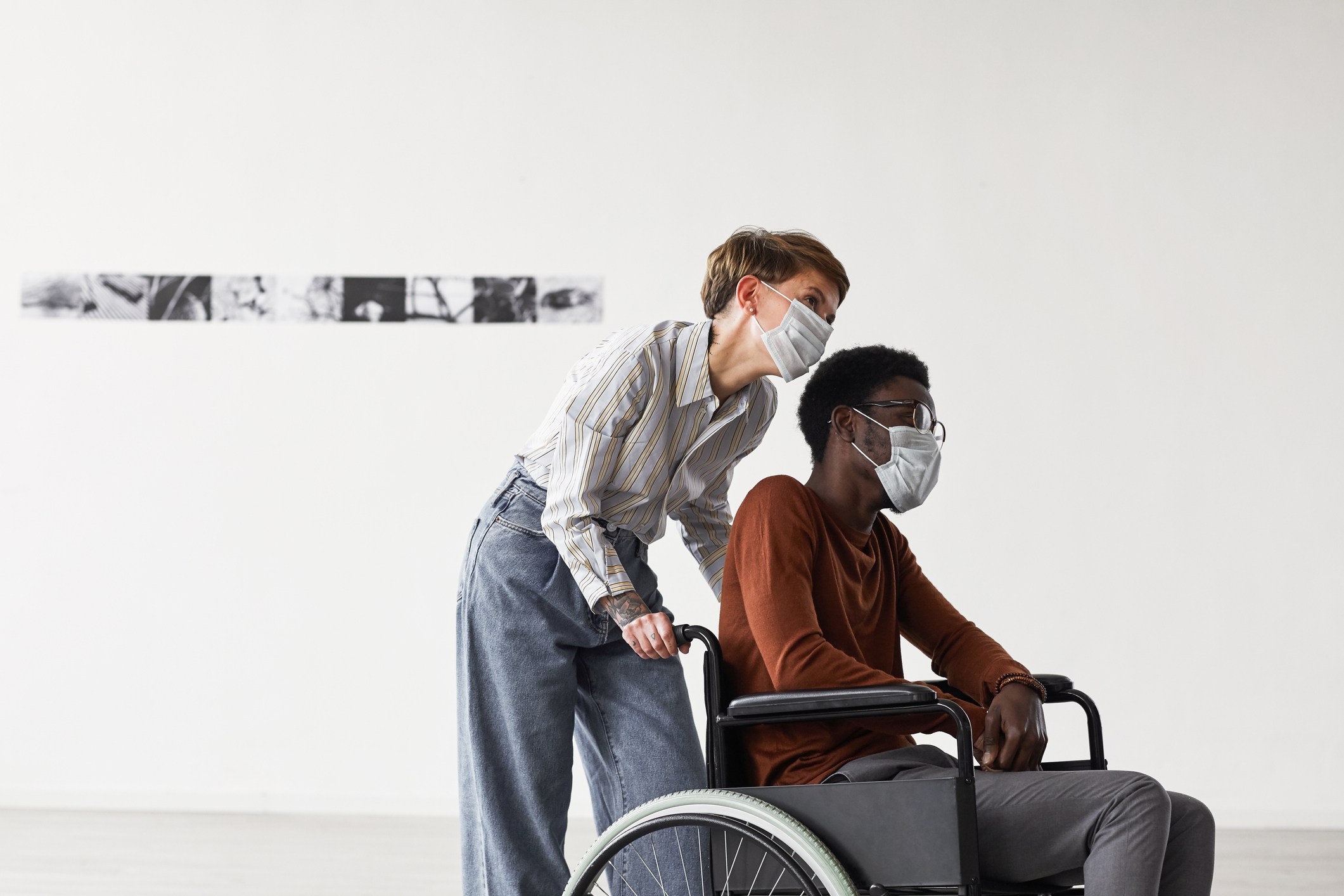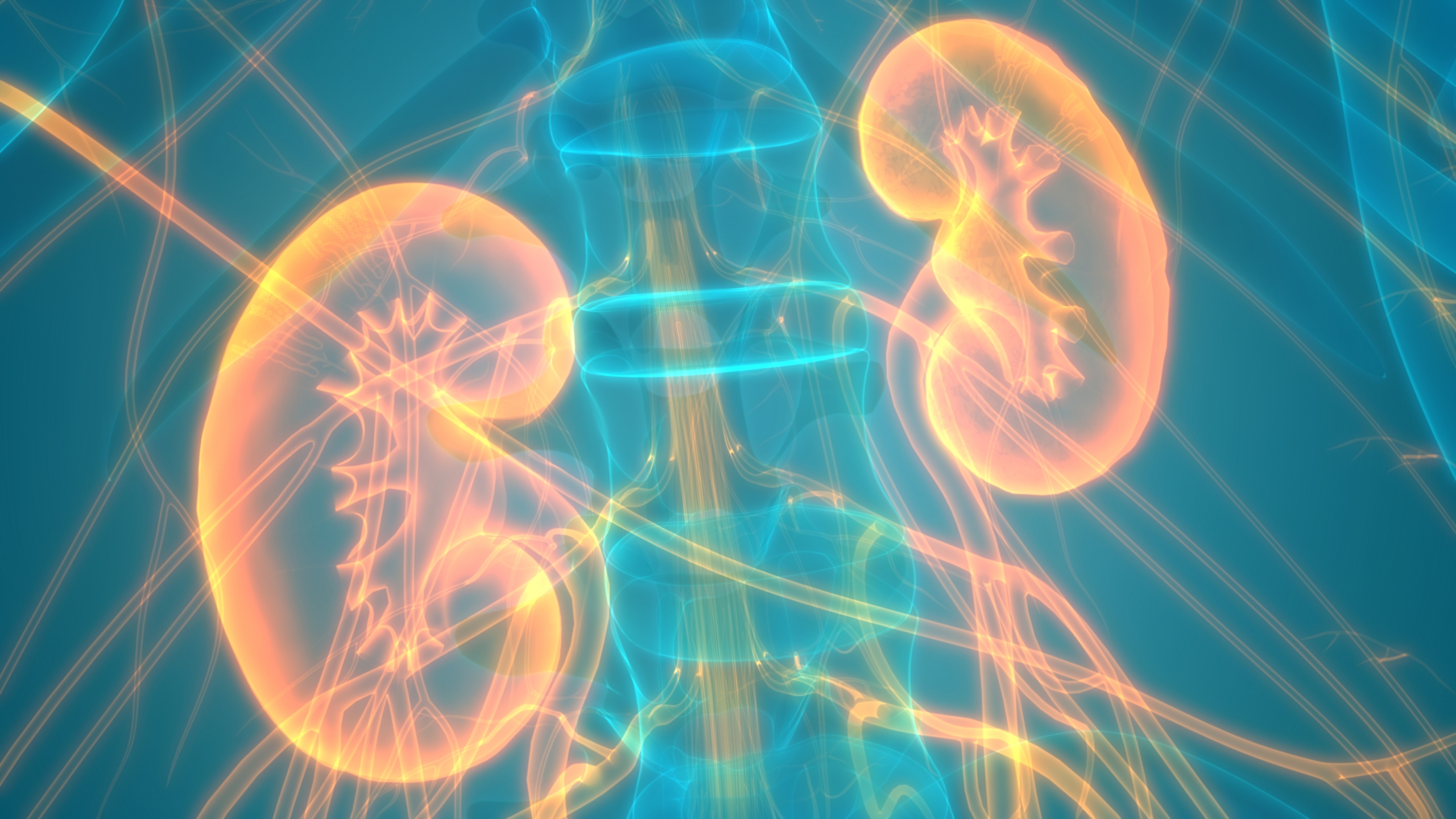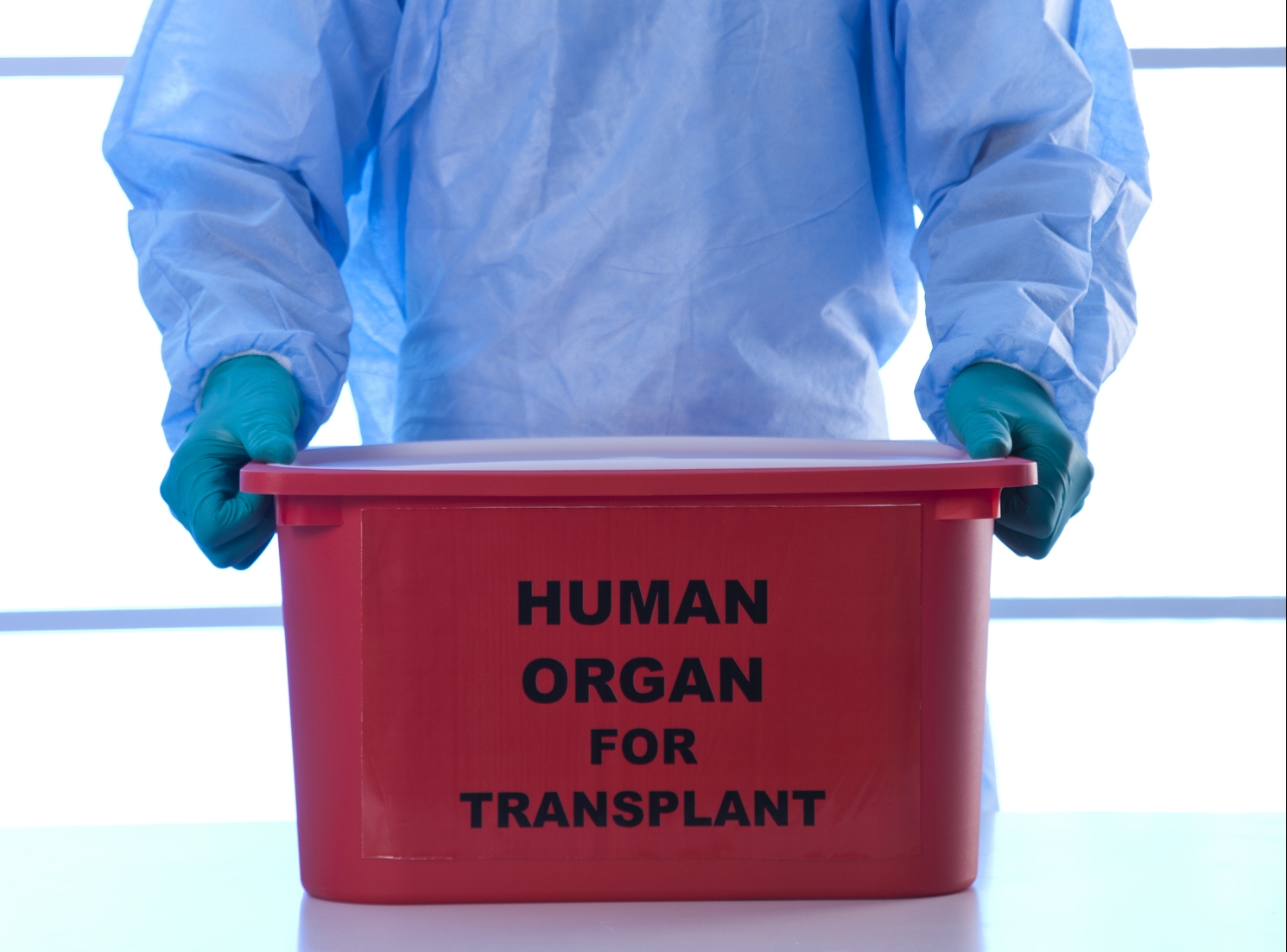How I Cope During the COVID-19 Pandemic
By Nina Kasl, dialysis patient This pandemic has us isolated from things we used to enjoy! We are unable to visit our friends and families. It is not going to go away anytime soon. Just taking walks by myself was not making me good at all. I knew then I needed to do something. That something had to be done. I was tired of the isolation I felt. I needed something that I could do on my own or with the immediate family. I made an idea sheet. It showed me what I can do. I found journaling as a way [...]










